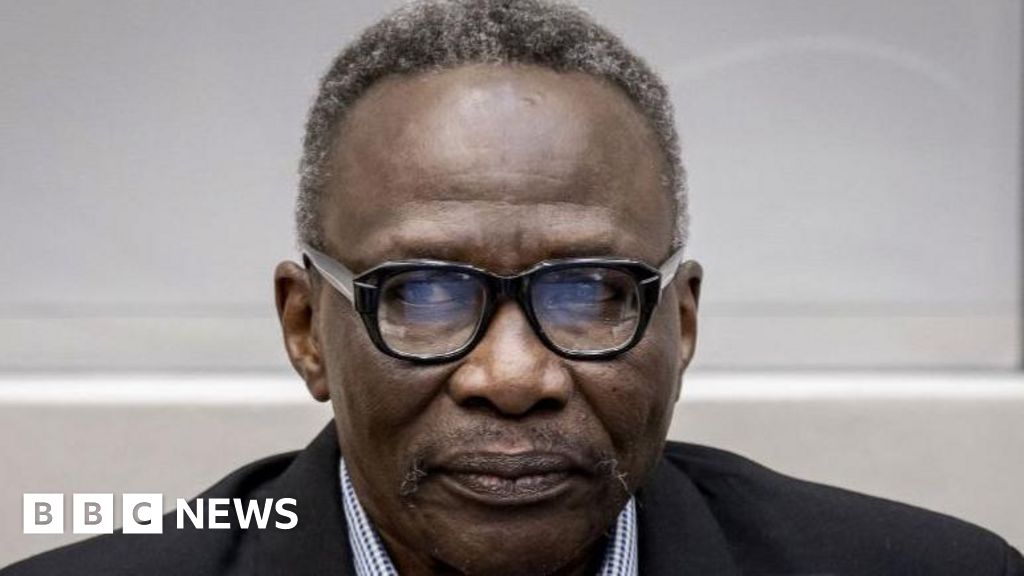A Sudanese militia leader has been found guilty of committing war crimes and crimes against humanity in the Darfur region more than 20 years ago.
Ali Muhammad Ali Abd-Al-Rahman, also known as Ali Kushayb, was one of the leaders of the Janjaweed, a government-backed group that terrorised Darfur, killing hundreds of thousands of people.
Kushayb is the first person to be tried by the International Criminal Court (ICC) for the atrocities in Darfur. He had argued it was a case of mistaken identity.
The conflict lasted from 2003 to 2020 and was one of the world’s gravest humanitarian disasters, with allegations of ethnic cleansing and genocide against the region’s non-Arabic population.
Five years after the end of that crisis, Darfur is a key battleground in another civil war, this time between Sudan’s army and the paramilitary Rapid Support Forces (RSF), whose origins lie in the Janjaweed.
During Kushayb’s trial, survivors described how their villages were burned down, men and boys slaughtered and women forced into sex slavery.
Presiding judge Joanna Korner said: “He encouraged and gave instructions that resulted in the killings, the rapes and destruction committed by the Janjaweed.”
She added that Kushayb had given orders to “wipe out and sweep away” non-Arab tribes and told soldiers “don’t leave anyone behind. Bring no one alive”.
The militia leader was found guilty on 27 counts, centring on attacks committed between 2003 and 2004.
Ahead of the verdict, a small group of Darfuris waited patiently to enter the court, in the Dutch city of The Hague.
They were in no doubt about the pivotal role Kushayb played in their suffering, with one man saying: “He was the one who gave the orders. He was the one who got the weapons.
“So if you ask me if he was important in Darfur, I will you tell you he was one of the most important ones.”
The Darfur war began after the Arab-dominated government at the time armed the Janjaweed, in an attempt to suppress an uprising by rebels from black African ethnic groups.
The Janjaweed systematically attacked non-Arab villagers accused of supporting the rebels, leading to accusations of genocide.
That same systematic violence is still happening in Darfur as part of Sudan’s current civil war.
Many of the Janjaweed fighters have morphed into the Rapid Support Forces (RSF), the paramilitary group that is battling Sudan’s army.
The UK, US and rights groups have accused the RSF of carrying out ethnic cleansing against non-Arab communities in Darfur since the conflict began in 2023.
Throughout the two conflicts, there has been a “long hiring out of militias, suppressing of rebellion, and sexual violence used as a tool of war”, Dr Matthew Benson-Strohmayer, Sudan Research Director at the London School of Economics, told the BBC.
Mr Benson-Strohmayer hopes the ICC verdict will impact the current conflict, but “sincerely” doubts it will.
“I think the way that the war is being fought in Darfur in particular is really a war of terror,” he told the BBC.
“It’s a very masculine war – sexual violence against women, or of starvation literally being used in order to barricade populations in and starve them to death.”
Most victims of the first Darfur crisis remain displaced, and although the ICC has managed to prosecute Kushayb, there are still outstanding arrest warrants against Sudanese officials, including one accusing former President Omar al-Bashir of genocide, which he denies.
Bashir is reportedly in military custody in north Sudan after he was ousted in a coup in 2019.
Kushayb will be sentenced at a later date.

